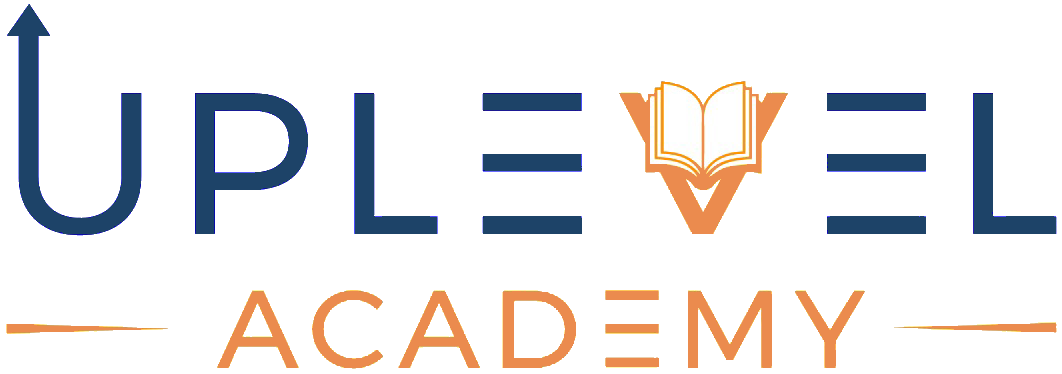What should my child be reading?
You may have a child preparing for their English GCSEs, their 10+, or their 11+ exams, so what should they be reading?
Your child may enjoy reading, but do they gravitate towards the classics, such as: Charles Dickens, or Shakespeare? Perhaps your child is a reluctant reader, and so won’t pick up a book at all, what do you then?
A little and often.
Rather than forcing your child to read – because you cannot – encourage them to read a little, and to read a variety of works.
What does that look like?
Many parents worry that their child, if they have to read, will choose books that are ‘easy’; they will choose comics and graphic novels. There is nothing wrong with this. Rather than focusing on what they are reading, focus on how they are reading. For example, ask them questions about what they are reading.

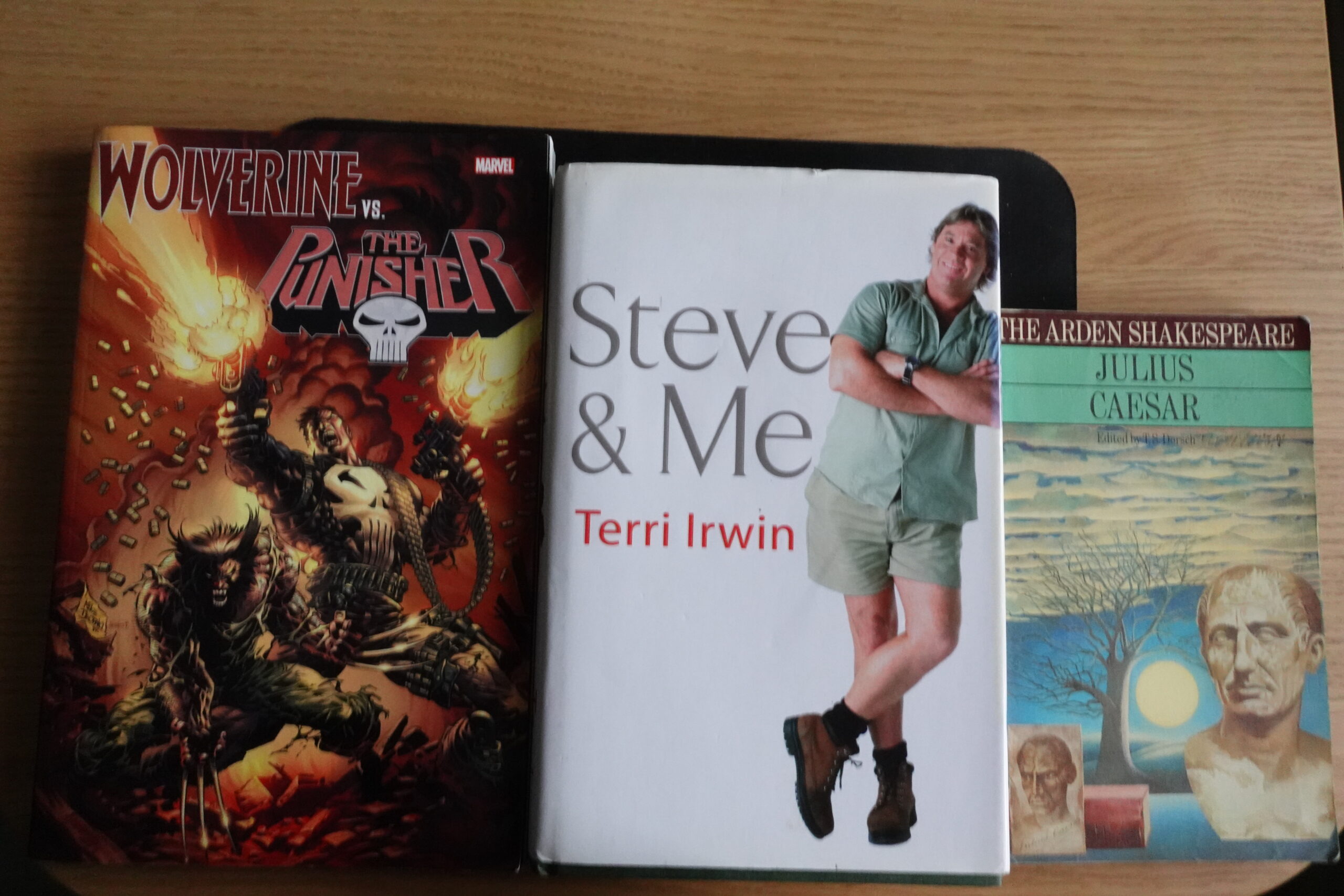
Take a few of my favourite books for instance. From the front covers, they seem completely different. If you were to rate them in order of most ‘academically’ valuable in preparing your child for the 10+; or, the 11+, to the least, you may rank them: Julius Ceasar, Steve and I then Wolverine versus The Punisher, right? Yet, that ranking ignores the educational merits of each book.
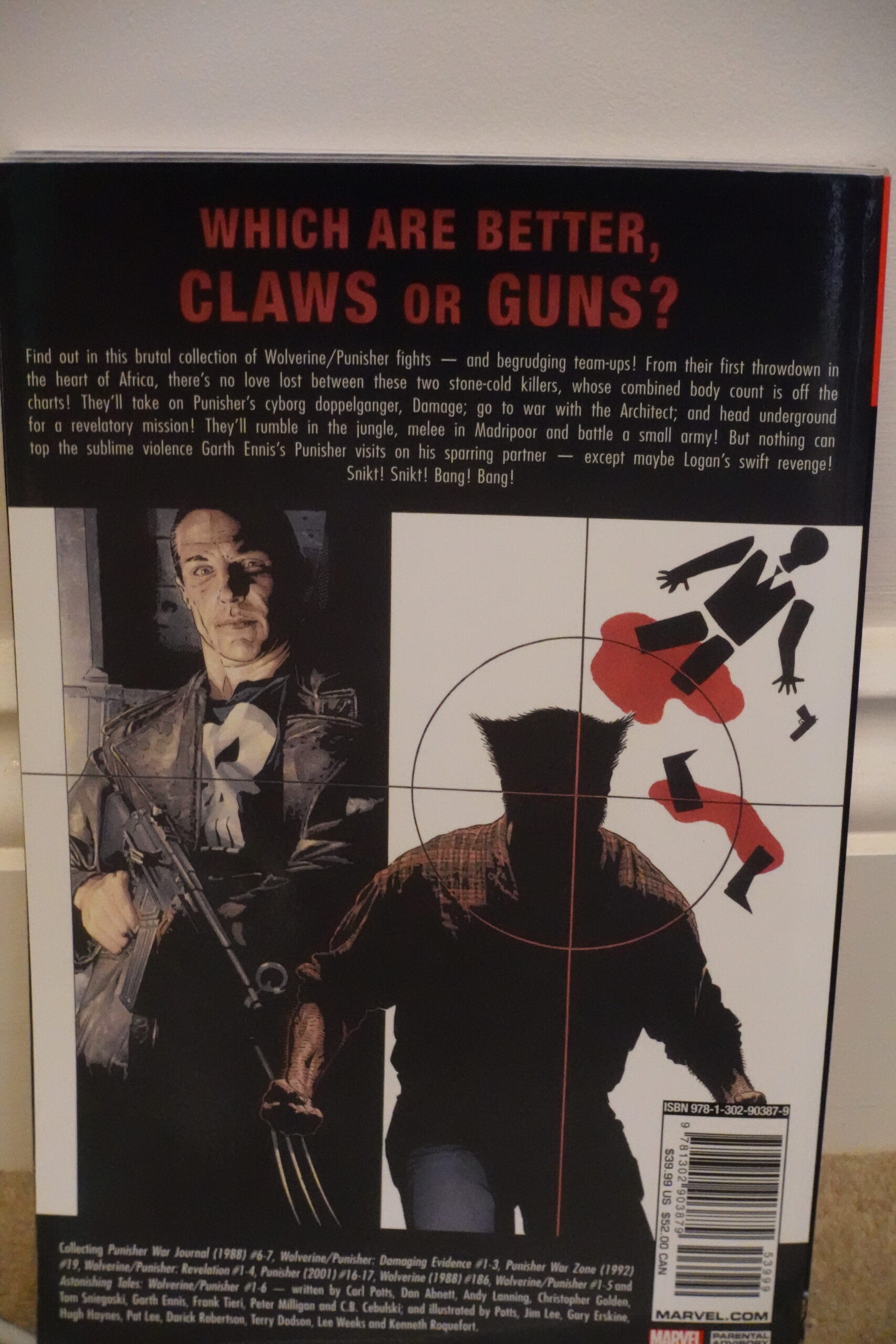
Looking at the blurb, there are so many structural, language and literary techniques that the author has used. For instance,
Language
- What is the effect of the onomatopoeia?
- What adjectives have been used?
- What effect does the compound word ‘stone cold’ have on you?
Structure
- What type of sentence is ‘Find out in…’?
- Why has the writer used a long, complex sentence, “From their first…”
- What does the writer focus your attention?
Literary
- What themes are present?
- What atmosphere is created?
- What are the connotations (word associations) of ‘claws’ and ‘guns’?
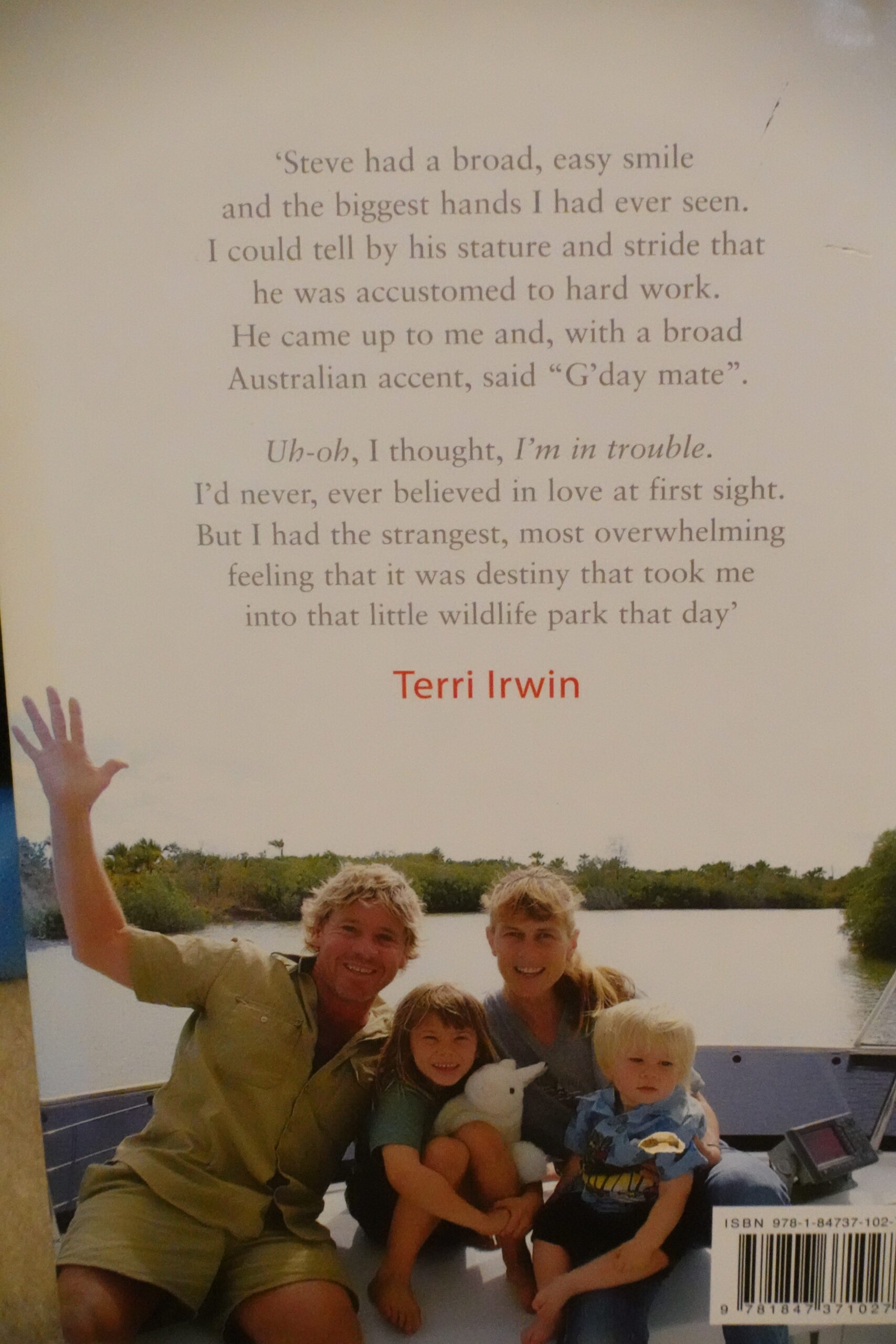
We can use similar questions to help engage our kids in critical reading. For example, you could ask:
Grammar
- What type of adjective is ‘biggest’?
- Can you identify any more superlatives?
- What is the effect/impact of using the superlatives on the reader?
Literary
- What themes are present?
- What tone is created?
- What person is the book written in?
Language
- What does ‘accustomed’ mean?
- What does ‘overwhelming’ mean?
- What impression do you get of Steve?
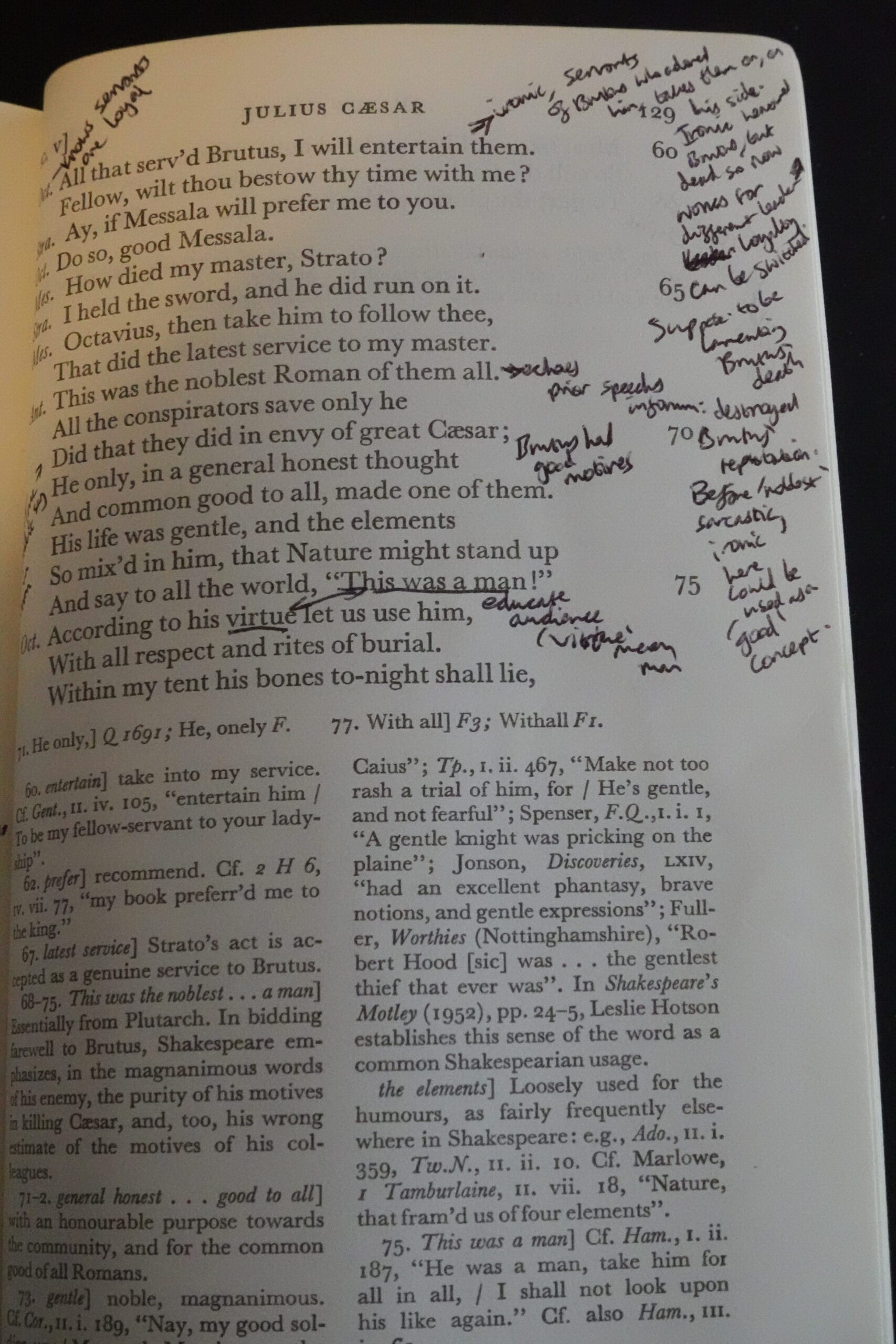
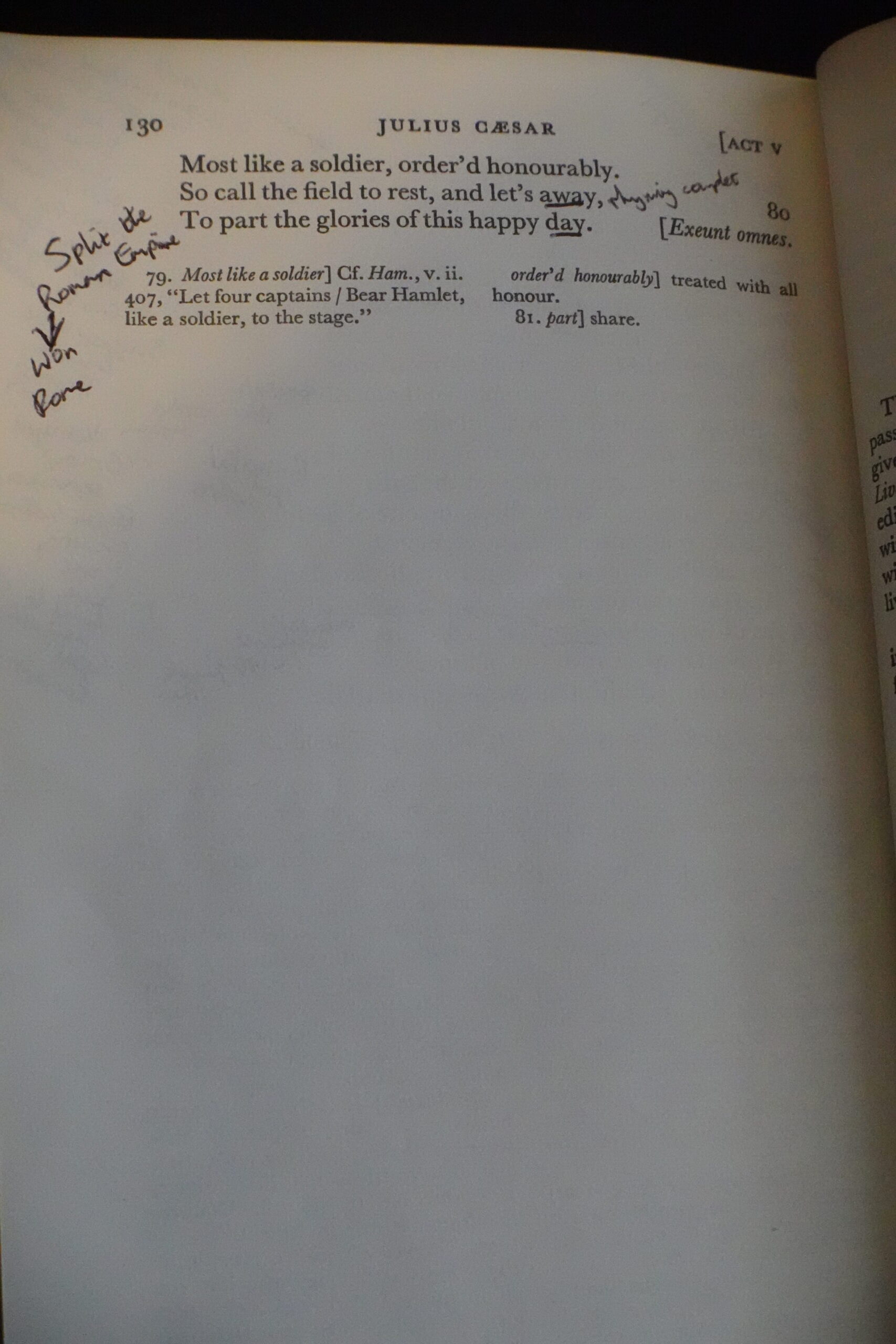
For my copy of the play, there was no blurb; hence, I have taken the last scene of the play.
***N.B: Excuse the notes in the margin. I used this copy in my own studies years ago!***
Although children may feel slightly overwhelmed by the language, we can go through similar analytical questions to help them break down the scene, thus instilling confidence in them.
Language/Grammar
- What word class is ‘respect’?
- What does ‘virtue’ mean?
- What do you think ‘glories’ mean?
Structure
- Is there contrast in the scene (juxtaposition)?
- What are the connotations of ‘honour’?
How has the playwrite sturctured the sentence, ‘Within my tent his bones to-night shall lie, Most like a soldier, order’d honourably’ to show that the person speaking is in control?
Literary
- What themes are present?
- What impression do you get of the speaker?
- What is the effect of contrast?
By focusing on the analysis, it helps your child to look at works in a critical manner. It therefore allows them to apply what they know to different texts in the exams. This is essential, as there might be an extract that they find challenging to understand. However, they can have confidence in their skills.
Overall, it is not what your child is reading, but how they reading. Focus on exposing your child to a variety of texts instead of forcing them to read an entire book. This will build their awareness of different genres, different modes and different perspectives.
